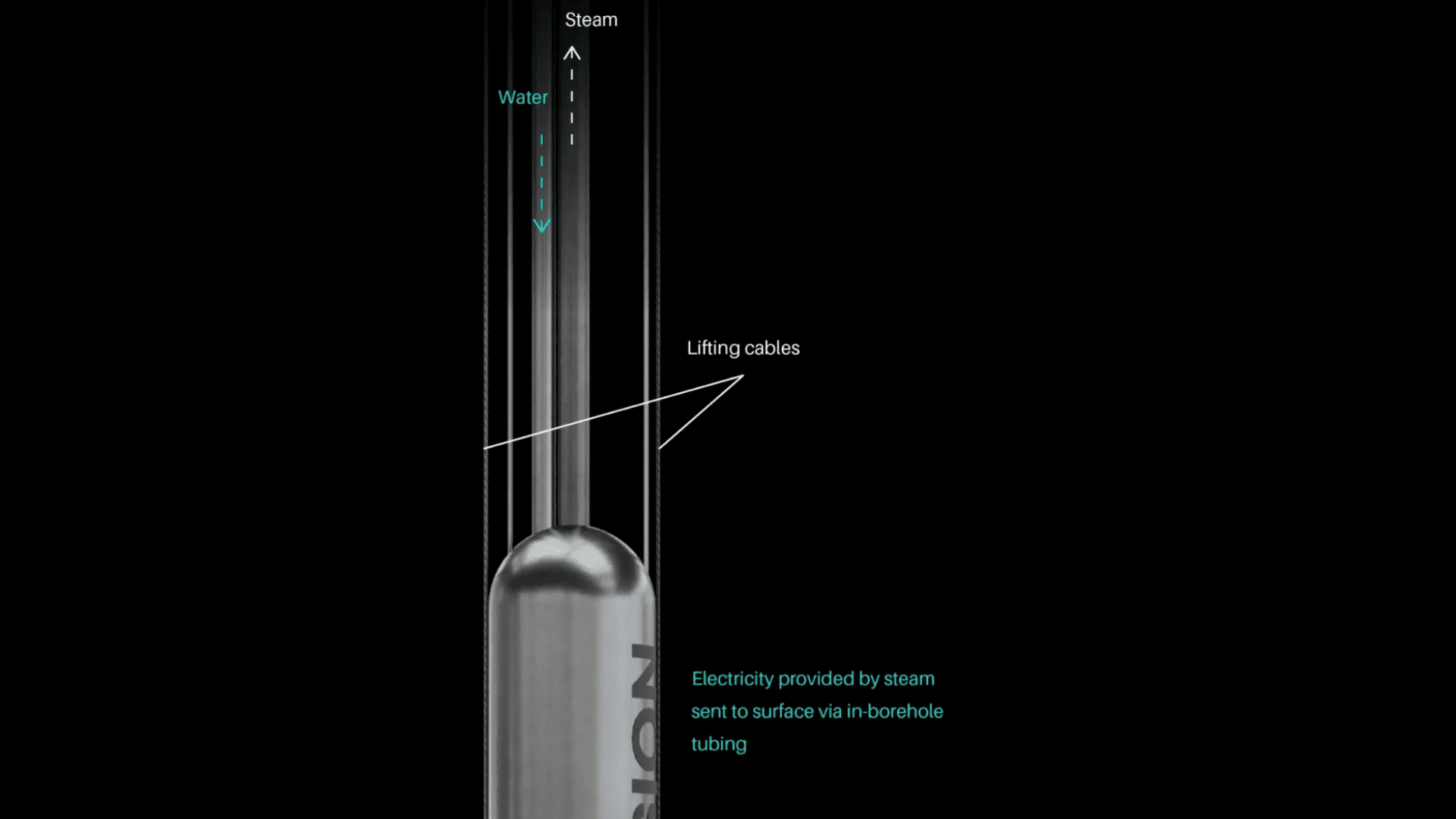Google DeepMind made a significant leap forward with genomics. The British-American AI research lab, a subsidiary of Google’s parent company, Alphabet Inc., developed a new AI tool called AlphaGenome to shed light on the complex workings of human DNA. According to DeepMind, the model enhances the prediction of how the slightest variations in DNA sequences, or mutations, influence the biological processes that regulate genes.
Researchers say that technical breakthroughs allowed the AI to analyze long DNA sequences to produce detailed predictions.
AlphaGenome for DNA Predictions


AlphaGenome is only available in an API for non-commercial research. However, there are plans for a broader release in the future. Its creators believe it will become an invaluable asset for the scientific community. The team believes it could deepen the understanding of genome function and disease biology, while accelerating biological discoveries and developing novel treatments.
The AI model takes up to one million base pairs of DNA sequences called “letters.” It takes this extensive data and predicts thousands of molecular properties that characterize a sequence’s regulatory activity. Additionally, it compares mutated sequences to their unmutated counterparts. These predictions include crucial details such as gene start and endpoints, splicing locations, RNA production levels, and areas of DNA accessibility across various cell types and tissues.
According to its creators, they trained the AI on massive datasets to measure gene regulation across hundreds of human and mouse cell types.
The AI’s internal design uses special layers to spot tiny patterns in a DNA sequence. Different parts of the AI model, called transformers, connect patterns and pieces of the long DNA strand. Then, a series of layers translates information to make clear predictions about gene activity. Super-fast computer processors called Tensor Processing Units (TPUs) split the work up to make it easier to handle the immense amount of data.
Advertisement
Creators say that AlphaGenome builds on previous AI models, like Enformer, and works alongside another AI model called AlphaMissense. They say AlphaMissense specializes in understanding the 2% of our DNA that has the instructions for producing protein. More importantly, AlphaGenome handles the remaining 98% of our DNA, which contains “non-coding regions.” These regions of DNA control how genes work and contain variations linked to diseases.
A Promising AI Tool
AlphaGenome’s “comprehensive nature” allows researchers to explore multiple biological processes with a single inquiry. As a result, it accelerates hypothesis development and testing.
“It’s a milestone for the field,” said Dr. Caleb Lareau of Memorial Sloan Kettering Cancer Center. “It’s a milestone for the field. For the first time, we have a single model that unifies long-range context, base-level precision and state-of-the-art performance across a whole spectrum of genomic tasks.”
AlphaGenome can reportedly pinpoint genetic disruptions to help understand disease, identify what causes a disease, and interpret disease-linked variants.
“AlphaGenome will be a powerful tool for the field,” said Professor Marc Mansour of University College London. “Determining the relevance of different non-coding variants can be extremely challenging, particularly to do at scale.”
He added, “This tool will provide a crucial piece of the puzzle, allowing us to make better connections to understand diseases like cancer.”



